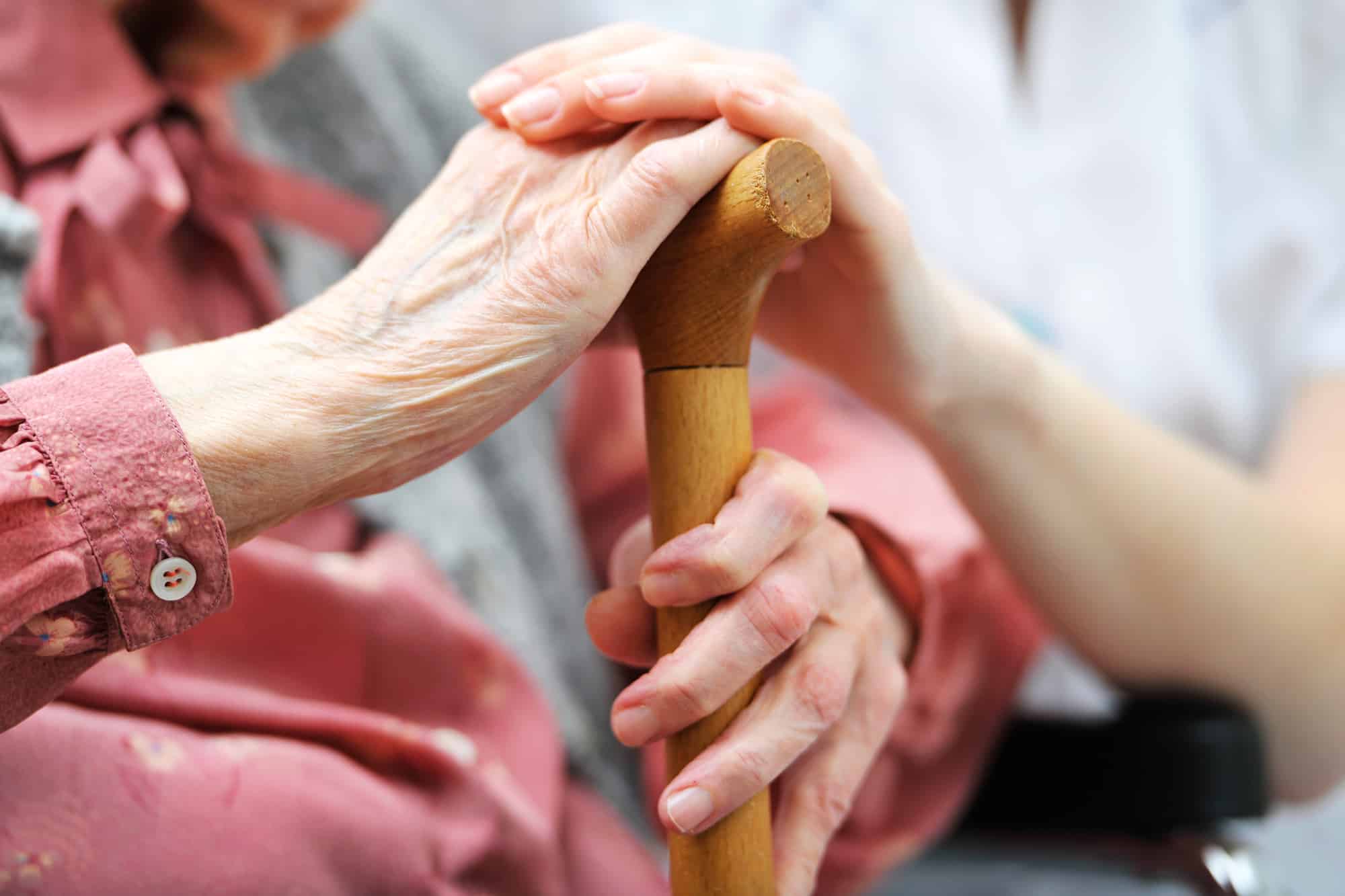Elder Home Care Orlando: Specialist Care Solutions for Aging Adults
Trick Factors To Consider for Family Members When Picking Appropriate Senior Citizen Treatment Solutions for Their Aging Loved Ones
Picking appropriate senior treatment services for aging relatives is a nuanced process that calls for cautious consideration of several aspects. The analysis of available treatment optionsâEUR" ranging from at home support to specialized facilitiesâEUR" needs to be balanced with an understanding of economic effects and security problems.
Assessing Person Requirements

Additionally, psychological and social demands play a significant function in the well-being of elders. An analysis should take into consideration the person's desire for social involvement, hobbies, and assistance systems. Family dynamics and the availability of casual caregivers should likewise be factored into the formula, as they can affect the sort of care that is most suitable.
Reviewing Treatment Options

At home treatment provides the advantage of familiar environments and individualized attention, which can enhance convenience and emotional wellness. Conversely, helped living centers use a structured atmosphere with access to on-site healthcare and social activities, promoting neighborhood involvement. Retirement home deal with those calling for intensive medical supervision, while adult day care programs allow senior citizens to engage in social tasks throughout the day, providing respite for household caregivers.
It is important to analyze the team qualifications, facility licensing, and offered services in each option. Furthermore, family members should look for responses from current citizens or clients and evaluate the general reputation of the treatment suppliers. Inevitably, selecting the best care alternative is an essential decision that must reflect a balance between the senior's demands, security, and top quality of life.
Recognizing Costs and Budget Plan
Navigating the economic landscape of senior care can be complex, as different choices included differing expenses that can significantly impact a family members's spending plan. Recognizing these costs is essential for families to make informed decisions pertaining to care for their aging family members.
Usual elderly care services consist of at home treatment, assisted living centers, and nursing homes, each with its very own pricing structure. At home care generally charges by the hour, while helped living commonly includes regular monthly rental fee plus additional service fees.
Creating a detailed budget that describes anticipated costs can help households determine the most ideal treatment remedy while ensuring they remain within their monetary ways. By thoroughly understanding the prices associated with each alternative, families can better browse this important facet of elderly care preparation.
Ensuring Security and Safety
Ensuring the safety and safety and security of senior citizens is extremely important in any treatment setting, as their susceptability often requires intense attention and protective steps. Family members must analyze the physical environment of prospective care facilities, seeking features such as safe and secure entries, well-lit corridors, and available emergency situation departures. Furthermore, the visibility of safety and security tools, such as grab bars and non-slip flooring, can significantly minimize the danger of accidents.
Background checks on personnel additionally make certain that locals are cared for by trustworthy people. Checking systems, individual emergency reaction systems (PERS), and fall detection gadgets offer peace of mind for families and immediate aid for senior citizens.
Last but not least, open interaction channels between family members and care companies are vital. Normal updates relating to the health of seniors, in addition to a clear approach to care plans, can foster trust and make sure that safety continues to be a main focus in the care provided. By prioritizing these factors, family members can make informed decisions that shield their aging relatives.
Involving Household in Decision-Making

Families need to start by freely interacting concerning the numerous treatment services available, such as in-home care, helped living, or nursing facilities. It is important to evaluate the details needs of the aging relative, including clinical requirements, wheelchair, and social interaction. By entailing all pertinent relative, various perspectives and understandings can be collected, bring about even more enlightened decisions.
Furthermore, family members involvement helps in determining possible caretakers and establishing an assistance network. Normal household meetings can promote continuous conversations and adjustments as demands alter, permitting family members to continue to be receptive to the advancing scenarios of their enjoyed one. Ultimately, a collective decision-making process urges a feeling of common duty and guarantees that the selected care service lines up with the household's vision for their aging family member's well-being and self-respect.
Final Thought
In final thought, choosing appropriate senior treatment solutions requires a thorough assessment of specific requirements, available treatment alternatives, and associated costs. Focusing on security within the living setting and cultivating family members participation in decision-making procedures additionally enhances the performance of treatment. By straightening care selections with the aging relative's medical background, psychological needs, and individual choices, family members can create a supportive network that advertises wellness and dignified living for their loved ones in their later years.